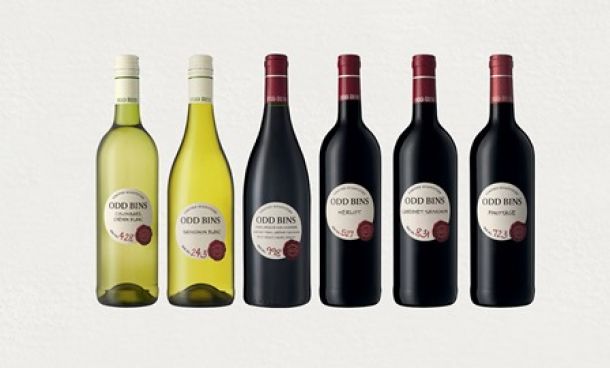No more baas or Klaas
In an agreement between the Solms-Delta Wine Estate in Franschhoek and national government, the workers on the farm now own 45 percent of the business, including its brand and land.
Funded by the government’s National Empowerment Fund (NEF), with the NEF itself taking a 5% stake, the farmworkers, as well as residents - through the Wijn de Caab Trust - now share ownership with established wine farmers Mark Solms and Richard Astor.
In 2007, Solms and Astor had handed over a third of the business to the workers.
The deal makes provision for a six-member board, one each for the NEF, Solms, Astor and the farm’s chief executive, and two representatives for the workers.
The R65 million transaction is a pilot project of the Department of Rural Development and Land Reform’s Strengthening the Relative Rights of the People Working the Land programme, known as the 50/50 programme.
The Solms-Delta Wine Estate operates a wine-production business in the Franschhoek area on a property measuring 54 hectares. Wijn de Caab trustee Jasta Karoles said the deal gave recognition to the backbone of the business - the farmworkers.
“It is a positive step for transformation, we can get things started and get everyone involved. We’ve never been in this position before. We’ve never been part of this kind of decision-making, and that is part of the transformation. We would like to work together,” Karoles said.
New approach
“It is a positive thing for all of us. It is a new approach for the business.”
Solms said moving from the 33/33/33 percent partnership forged in 2007 to the equal-partnership model, advocated by the 50/50 programme, seemed like a progressive step in the context of the need for the agricultural sector - especially the wine industry - to transform.
“The demographics of land ownership in South Africa are a very pressing issue, an indefensible and unsustainable legacy of apartheid which we ignore at our peril.
“The extent of the land that we at Solms-Delta identified and developed for the ultimate benefit of our workers has been increased through this transaction from 20 hectares to 50 hectares, and their share of equity in the company has also been increased, from 33 percent to 45 percent,” he said.
He added the workers’ share of future profits would accordingly be increased, that the staff seemed to appreciate the opportunity to increase their stake in the company, and that their commitment to the management and coalface work of the business was stronger than ever.
Solms said all funds realised from the sale of Solms-Delta land and equity to the department were applied in full to the business, benefiting the workers through the effective increase in value of their shareholding.
Henry Petersen, of the Wine Industry Development Association, said the deal was the first of its kind in the wine industry, where farmworkers have progressively bought into a business of this kind.
“It has been too long in coming. By and large, the wine industry is untransformed, especially when it comes to black ownership. We are looking at about 2 percent of black ownership in terms of vineyards. It is a historic deal.
“This is a pioneering project, but we should have been here in the industry 10 years ago. It is a step in the right direction, and others should follow suit,” Petersen said.
News Category
- International retailers
- On the move
- Awards and achievements
- Legislation
- Wine and liquor
- Africa
- Going green
- Supplier news
- Research tools
- Retailer trading results
- Supply chain
- Innovation and technology
- Economic factors
- Crime and security
- Store Openings
- Marketing and Promotions
- Social Responsibility
- Brand Press Office
Related Articles

Makro secures exclusive rights to SA’s most sou...

Checkers adds 41 new wines to Odd Bins range

With petrol at almost R20 a litre, food prices ...

Petrol price shocker for South Africa


